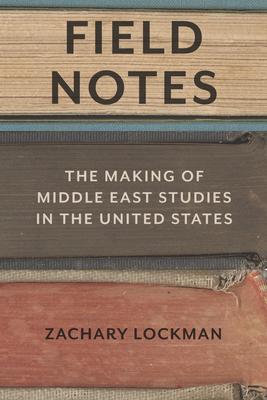Field Notes reconstructs the origins and trajectory of area studies in the United States, focusing on Middle East studies from the 1920s to the 1980s. Drawing on extensive archival research, Zachary Lockman shows how the Carnegie, Rockefeller, and Ford foundations played key roles in conceiving, funding, and launching postwar area studies, expecting them to yield a new kind of interdisciplinary knowledge that would advance the social sciences while benefiting government agencies and the American people. Lockman argues, however, that these new academic fields were not simply a product of the Cold War or an instrument of the American national security state, but had roots in shifts in the humanities and the social sciences over the interwar years, as well as in World War II sites and practices.
This book explores the decision-making processes and visions of knowledge production at the foundations, the Social Science Research Council, and others charged with guiding the intellectual and institutional development of Middle East studies. Ultimately, Field Notes uncovers how area studies as an academic field was actually built--a process replete with contention, anxiety, dead ends, and consequences both unanticipated and unintended.
